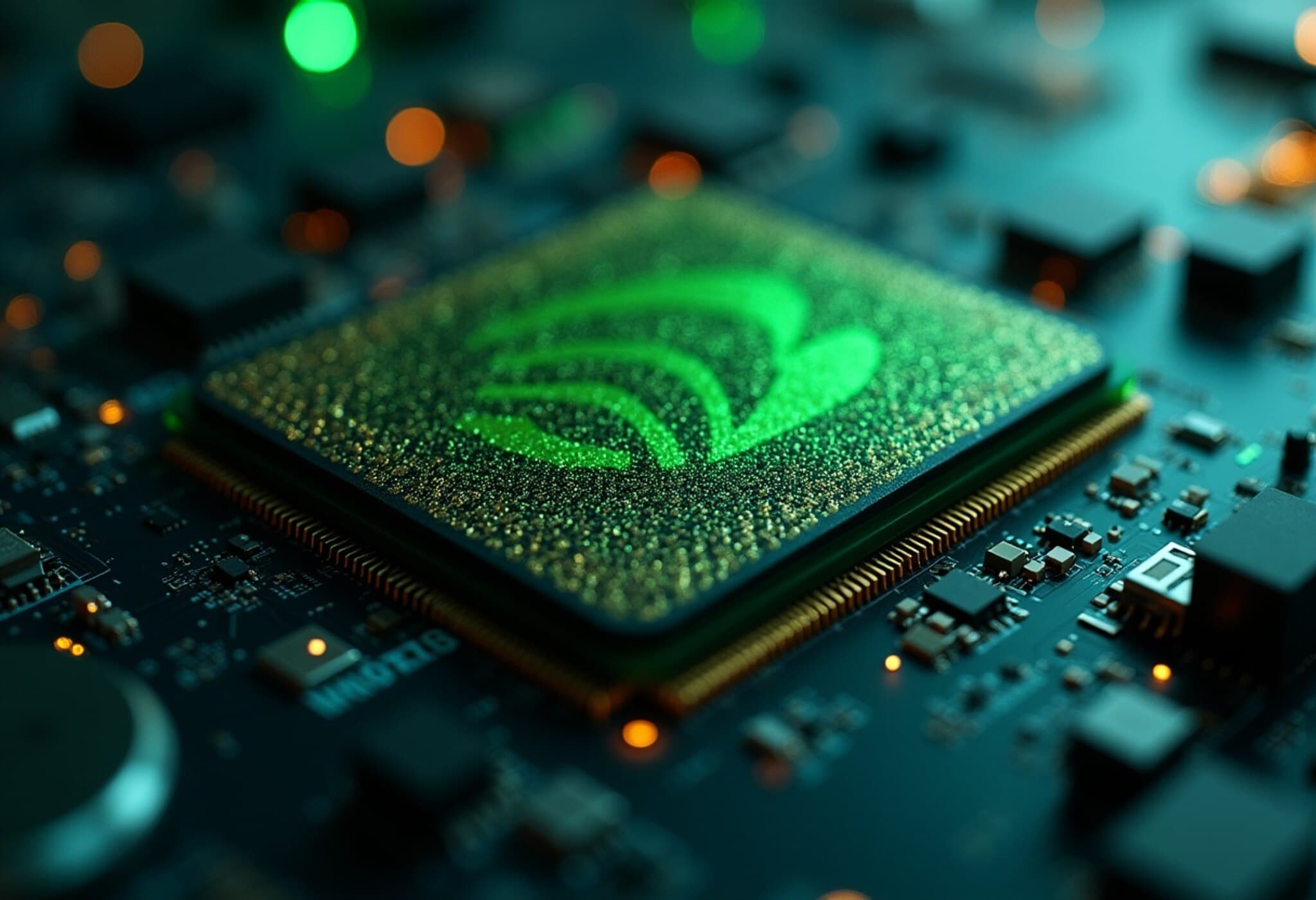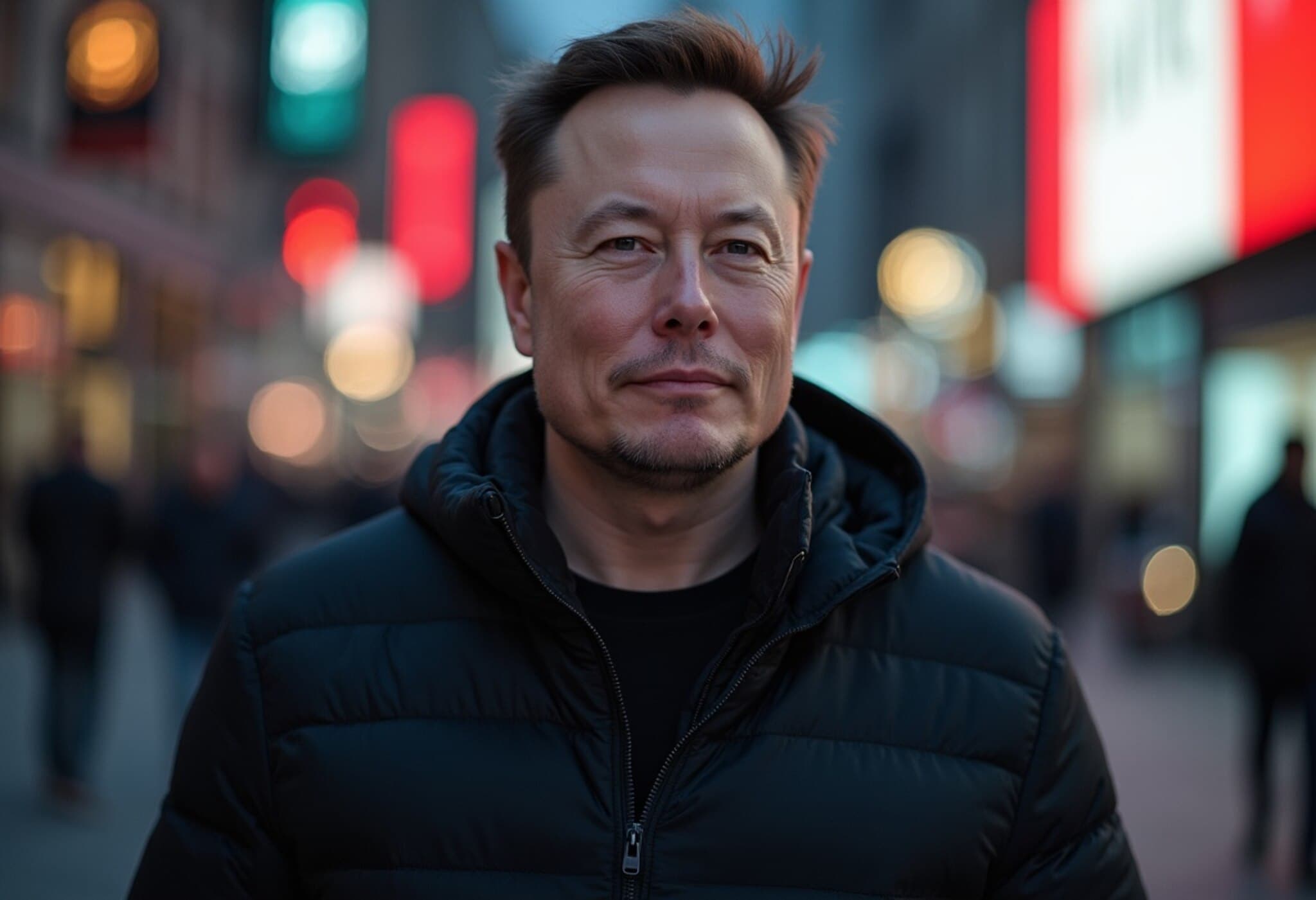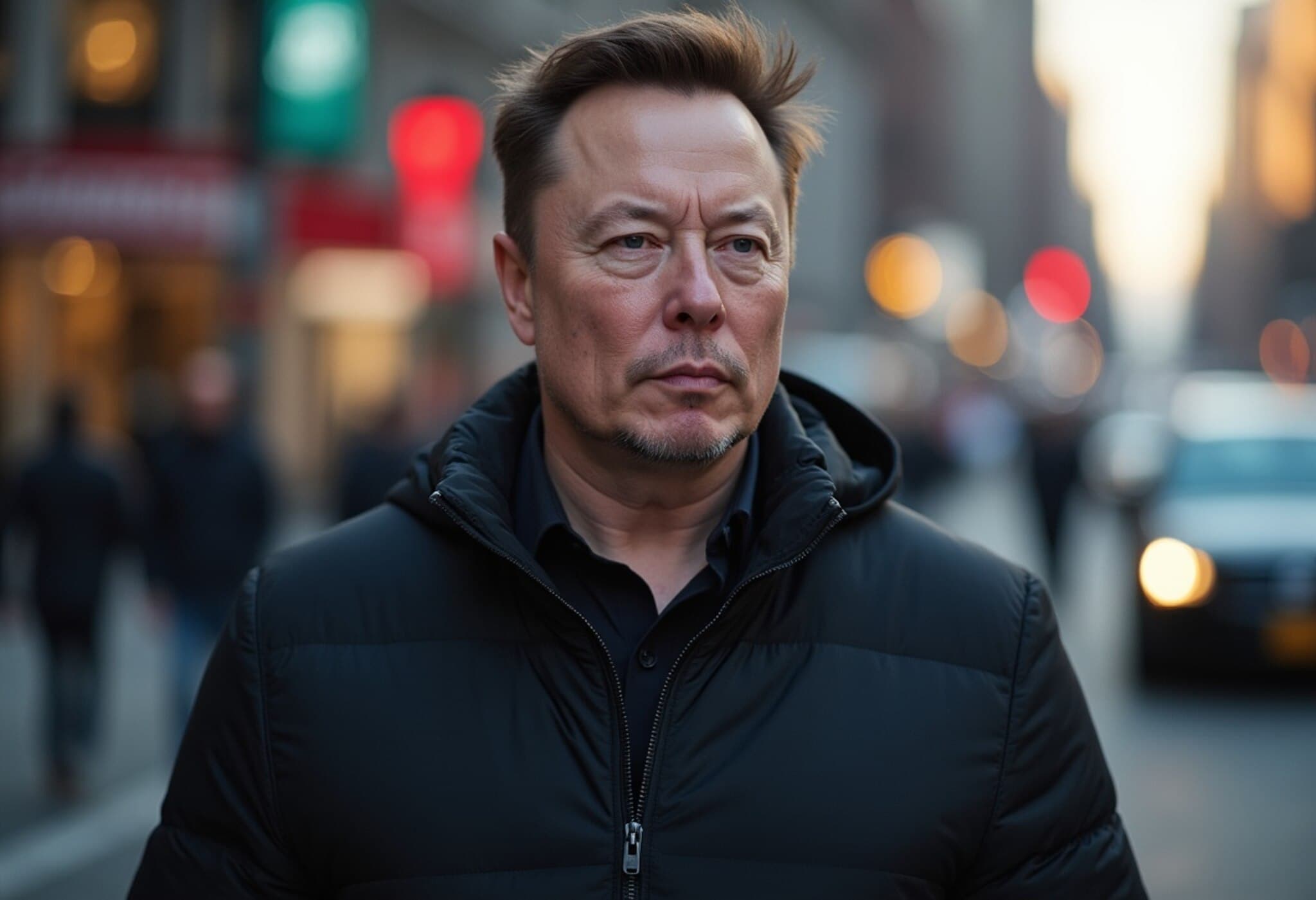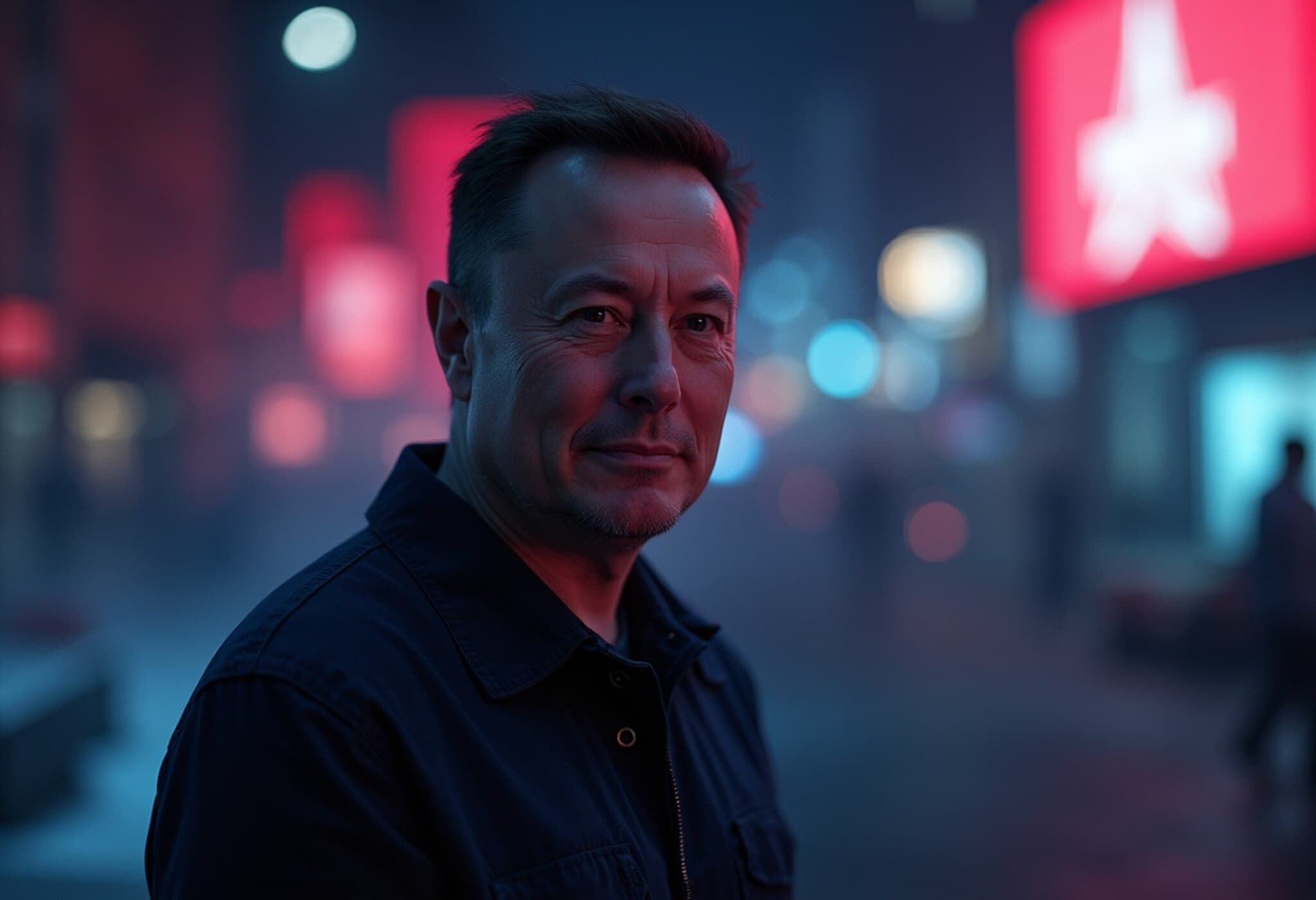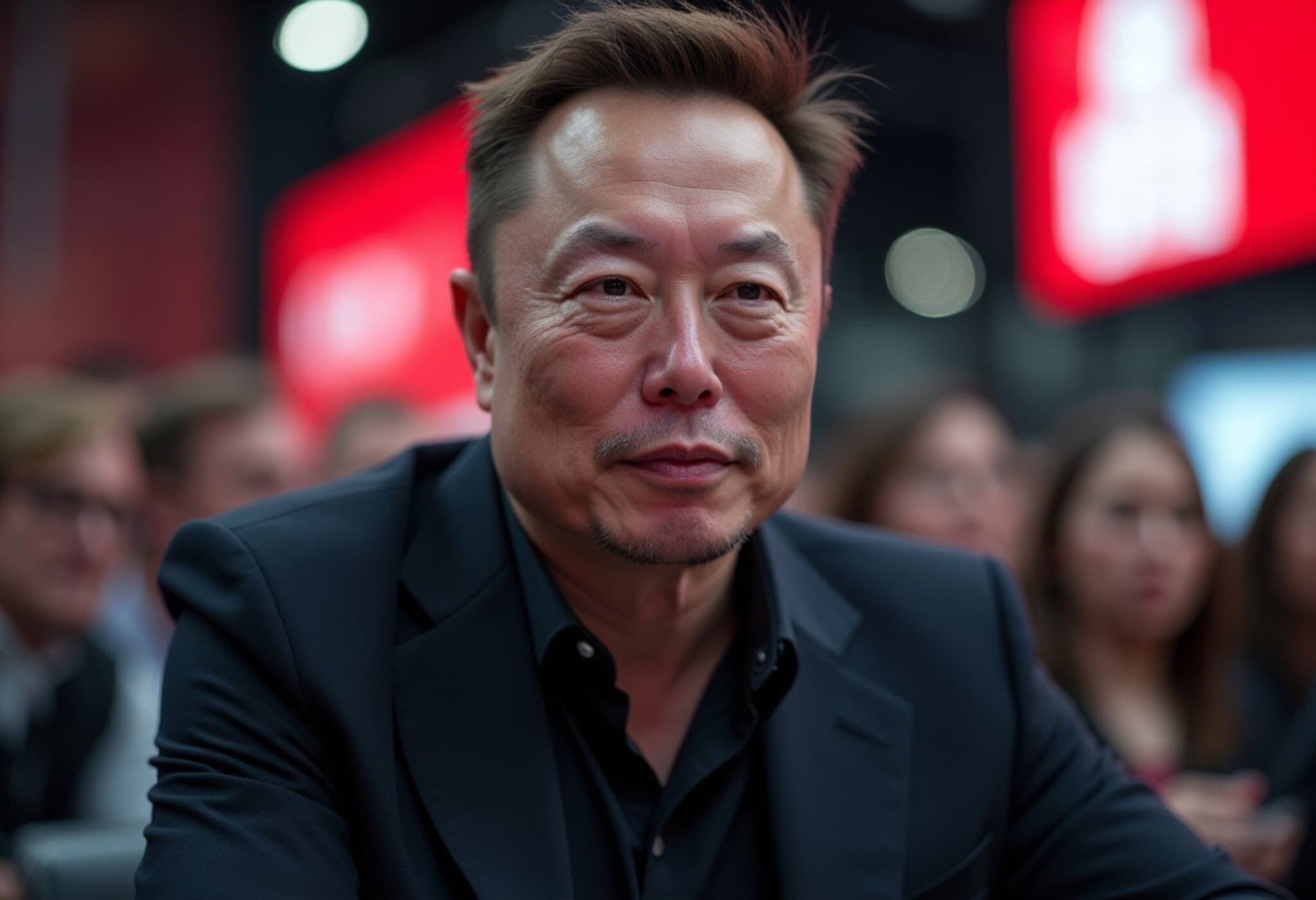Neuralink’s Controversial Filing as a 'Small Disadvantaged Business'
In a surprising revelation, Elon Musk's brain-computer interface startup, Neuralink, designated itself as a “small disadvantaged business” (SDB) in an official filing with the U.S. Small Business Administration (SBA) just weeks before closing a funding round that valued the company at $9 billion. The filing, dated April 24, 2025, appears strategically timed in a context far more complex than the label suggests.
What is an SDB and Why Does it Matter?
The SBA defines a Small Disadvantaged Business as one that is at least 51% owned and controlled by persons who are both socially and economically disadvantaged. This status is intended to promote diversity and inclusion in government contracting by granting preferential access to federal procurement opportunities. However, the classification carries weighty legal and ethical responsibilities.
Neuralink’s self-identification as an SDB has raised eyebrows given the profile of its leadership—most notably Elon Musk, one of the wealthiest individuals on the planet.
Contextualizing Neuralink’s Move During Musk’s Government Role
The filing coincided with Musk’s tenure leading the Department of Government Efficiency (DOGE) under the Trump administration—a short-lived initiative aimed at streamlining federal agencies and significantly cutting budgets, especially those related to diversity, equity, and inclusion programs.
This paradox—Musk’s Neuralink claiming disadvantaged status while Musk’s government role actively sought to limit spending on DEI initiatives—offers a rich ground for analysis. Experts suggest it raises critical questions about the intentions and authenticity behind such classifications, especially when used by companies with high valuations and significant venture capital backing.
Funding and Strategic Growth
Neuralink, incorporated in Nevada, secured $650 million in fresh capital during its June 2025 funding round, signaling strong investor confidence. Major backers included ARK Invest, Founders Fund, Sequoia Capital, and Thrive Capital, accelerating Neuralink’s mission to develop innovative brain-computer interface (BCI) technologies.
The company’s breakthrough technology aims to help people with severe paralysis regain independence by translating neural signals into commands to operate devices simply by thinking.
Legal and Ethical Dimensions of the SDB Designation
The Department of Justice (DOJ) has a history of pursuing legal action against companies falsely claiming disadvantaged status to access federal contracts. Given Neuralink’s filing, industry observers and legal experts are watching closely to see if scrutiny will follow.
Jared Birchall, Neuralink’s executive and Musk’s family office manager, was listed as the contact on the filing but has so far not responded to media inquiries.
Broader Implications and Underreported Questions
- Ethical considerations: Does Neuralink’s SDB filing reveal loopholes in government procurement systems susceptible to exploitation by well-funded startups?
- Policy debate: How should regulatory agencies balance encouraging disadvantaged participation while preventing misuse?
- Transparency and accountability: What are the mechanisms for verifying a company’s disadvantaged status beyond declarations?
This story underscores the ongoing tension between private innovation ecosystems and federal regulatory frameworks—a microcosm of broader debates on fairness, equity, and corporate governance in today's business climate.
Editor’s Note
Neuralink’s move to classify as an SDB ahead of a landmark valuation spotlights a complex web of innovation, government policy, and ethical scrutiny. As neural interface technology promises profound societal impact, it's crucial that regulatory classifications reflect true economic disadvantage rather than strategic positioning. Could this case be a wake-up call for tighter oversight? Readers are encouraged to follow the evolving dialogue on balancing corporate ambition with equity safeguards.




